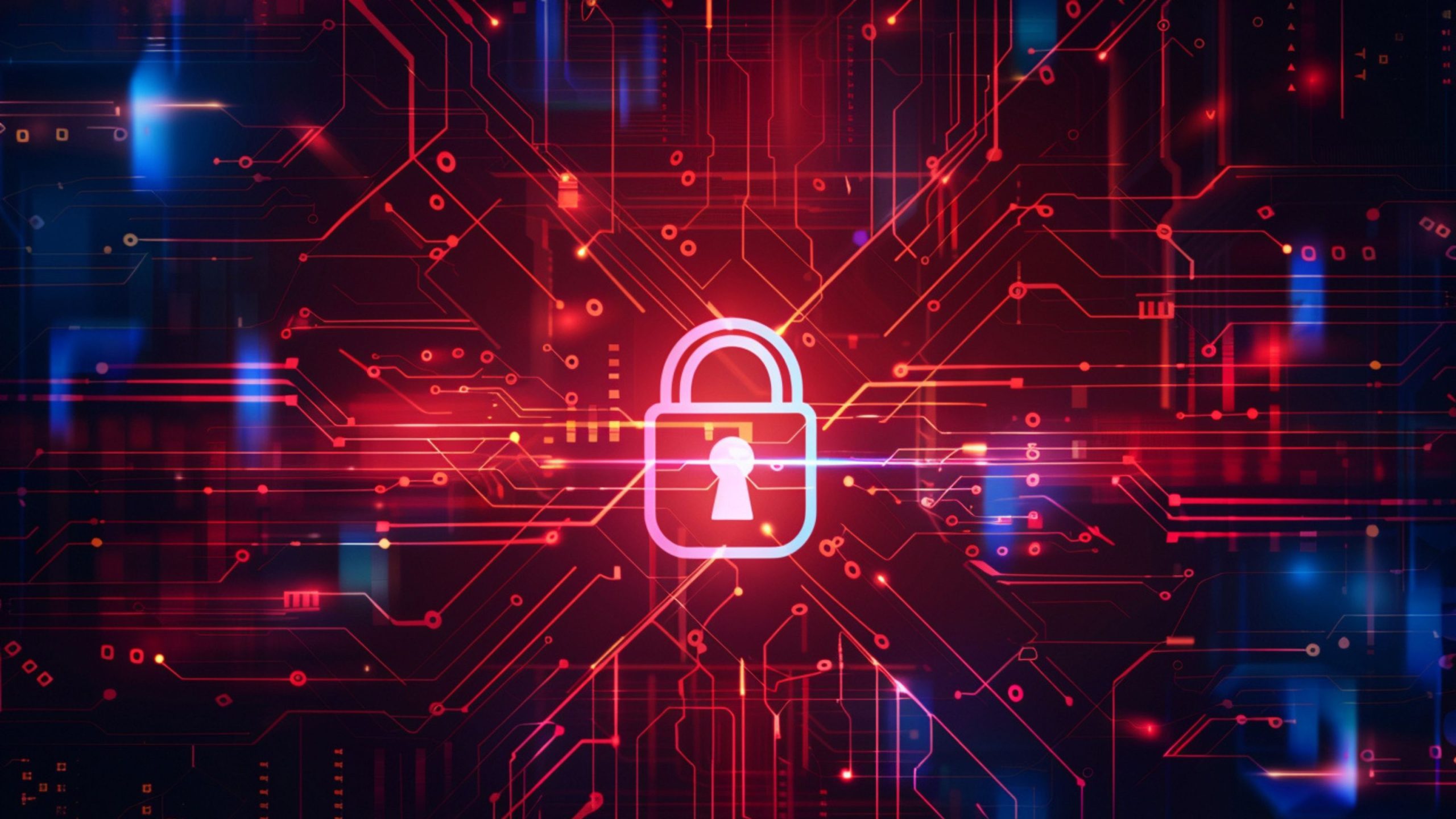With the vote approaching, the European Commission’s plan to scan private digital messages is moving toward final approval.
The regulation, called Chat Control 2.0, has gone through a year of resistance, warnings from experts, and objections from technology companies.
It is presented as a child safety measure, designed to inspect messages, photos, and videos across the EU before they are sent.
The privacy implications are immense.
Alice Weidel, co-leader of Germany’s AfD party, described the proposal as “an absolutely totalitarian project” and “a comprehensive general attack on central citizens and freedoms.”
She said the measure would install scanning software on personal devices, intercepting content before it reaches its recipient. The system would remove the protection offered by end-to-end encryption and treat every user as a potential suspect.
Weidel said the use of child safety language was “a cheap pretext” for real-time surveillance.
“Even the Stasi could only dream of such a full force,” she said, comparing the plan to intercepting and photographing every private letter for review by a government authority.
She warned that once the system exists, its function can expand to include other categories such as “politically offensive content” and “so-called hate speech.” The structure of the law allows the criteria to be adjusted through political decisions.
Technology companies have joined in opposition. Hundreds of privacy-oriented firms, including encrypted messengers, cloud storage services, and VPN providers, signed a joint letter urging EU ministers to reject the regulation.
Their message called for the protection of encryption and for an end to mandatory message scanning.
Signal has announced that it will leave the EU if forced to comply. The platform has stated that it cannot operate under a framework requiring message inspection.
The regulation creates an obligation to weaken the systems that enable private communication and turns encryption into a technical formality rather than a guarantee of privacy.
Supporters of the proposal say it will catch child abusers. Critics point out that criminal networks conduct their operations in offline settings or hidden spaces beyond the reach of such scanning.
“Criminals are already using offline or so-called dark rooms for their illegal businesses,” Weidel said.
The measure would monitor regular users, journalists, and private citizens instead. Automated scanning systems often misidentify legal or harmless material, producing false positives that draw in people with no connection to crime.
The October 14 vote will decide whether private communication continues to exist inside the EU. The proposal establishes a framework in which surveillance is routine and encryption is limited by law.
Over 500 scientists from more than 30 countries have issued warnings about the plan’s impact.
Legal experts and civil society groups have said the regulation would create an environment of constant monitoring, inconsistent with democratic rights.
Technology platforms have warned that they may withdraw services from the region if the proposal becomes law.
The window for change is closing. If Chat Control 2.0 passes, it will redefine digital communication in Europe and end the assumption that private messages remain private.










